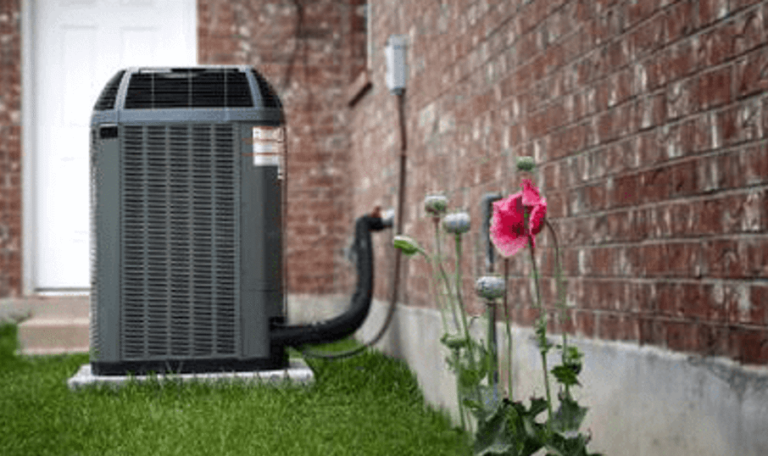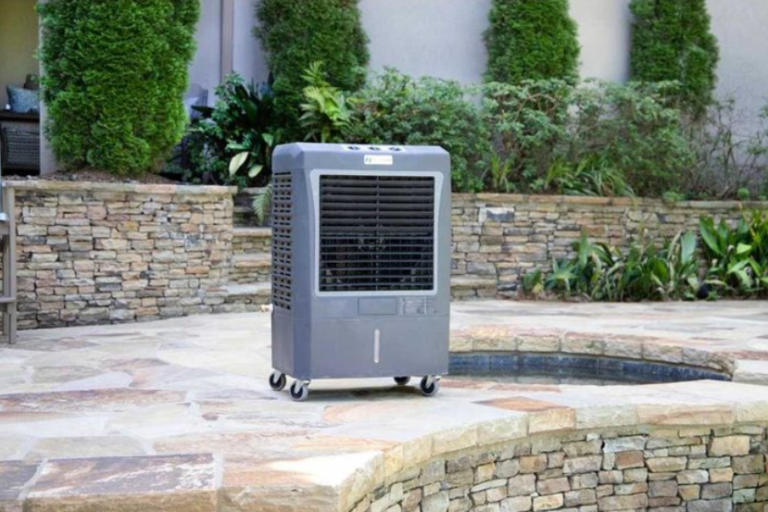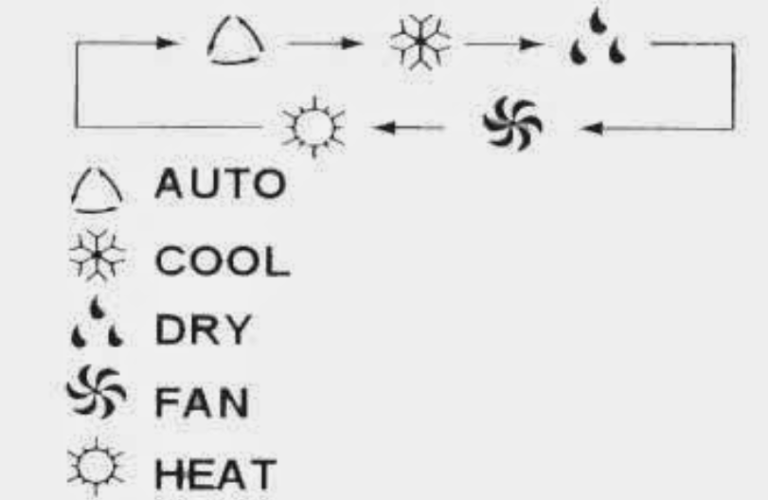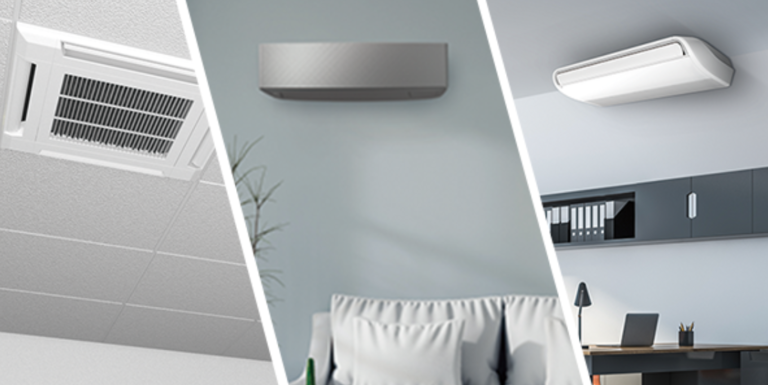Air Handler vs Furnace: 6 Differences and Which one is better
An air handler, also called an air handling unit (AHU), is a device used to regulate and circulate air as part of a heating, ventilating, and air-conditioning (HVAC) system. An AHU incorporates an electric heater or heat exchanger, and a blower that moves air through the device and into ductwork that delivers the conditioned air to rooms throughout a building.
A furnace, on the other hand, is a device that burns fuel to produce heat. The heat is then circulated through the home by the HVAC system. Furnaces are powered by natural gas, propane, oil, or electricity.
So, what are the key differences between an air handler and a furnace? Let’s take a closer look:
What is an Air Handler?
An air handler, also known as an evaporator coil or blower coil, is a vital component of your HVAC system. It is responsible for circulating air throughout your home and helps to remove moisture from the air.
Air handlers are usually located in the attic or basement and are connected to your furnace. The air handler pulls in warm air from your home and passes it over the evaporator coil. This coil contains refrigerant that absorbs heat from the air, cooling it down.
The cooled air is then circulated back into your home through a series of ducts. Because the air handler circulates both cooled and heated air, it can be used with either a heat pump or a furnace.
What is a Furnace?
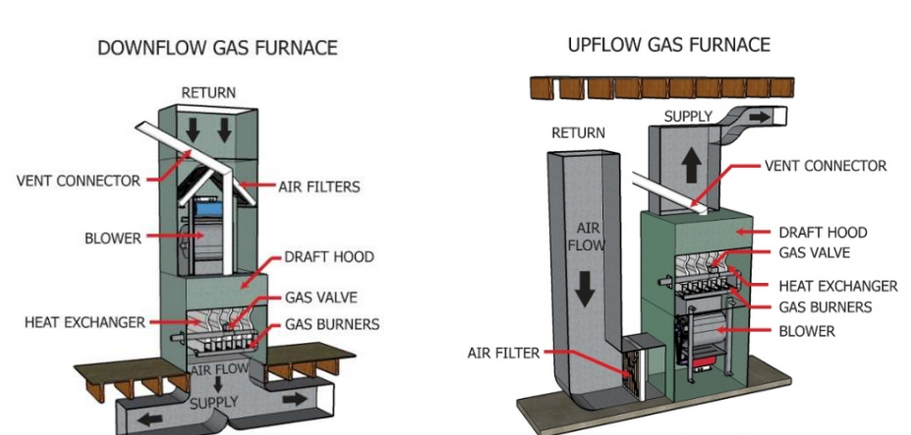
A furnace is another type of heating system that is often used in conjunction with an air conditioner. Furnaces work by circulating hot air throughout your home using a series of ducts.
Furnaces are typically powered by natural gas, but they can also be powered by electricity, oil, or propane. The type of fuel you use will affect the cost of operating your furnace.
Furnaces are usually located in the basement or utility room and are connected to your home’s ductwork. The furnace pulls in cold air from your home and passes it over a heat exchanger. This heats up the air before it is circulated back into your home.
Furnaces can also be used in conjunction with an air conditioner to provide both heating and cooling for your home. When used together, these two systems are known as a split-system HVAC system.
Air Handler vs. Furnace: How They Work
The furnace and air handler are two of the most important pieces of equipment in your home when it comes to keeping things comfortable all year long. But how do they work? What’s the difference between the two? Let’s take a closer look.
How a Furnace Works
A furnace is responsible for providing heat to your home during the winter months. It does this by using a fuel source, such as natural gas, propane, oil, or electricity, to heat air that is then circulated throughout your home by a blower motor. The heated air rises through a network of ductwork and registers, which helps to distribute the warm air evenly throughout your living space.
How an Air Handler Works
An air handler, on the other hand, does not generate heat. Its primary purpose is to move cooled and heated air throughout your home. It consists of a blower motor and a series of coils that contain either Freon (in older models) or refrigerant (in newer models). The air handler circulates the refrigerant through the coils, which helps to remove heat from or add heat to the air, depending on whether your goal is cooling or heating.
Air Handler vs. Furnace: Efficiency
When it comes to efficiency, furnaces have the upper hand over air handlers. That’s because furnaces use combustion to generate heat, which is a more efficient process than using electricity or another external source of heat.
Furnaces also tend to be more efficient than air handlers in terms of the amount of heat they produce relative to their size. In other words, furnaces pack more heating power into a smaller space than air handlers do.
Air Handler vs. Furnace: Advantages and Disadvantages
Both systems have their own advantages and disadvantages.
Air Handler Pros:
- Can be used with either a heat pump or a furnace for maximum efficiency
- Helps to remove moisture from the air, making it ideal for homes in humid climates
- Circulates both cooled and heated air, providing year-round comfort
Air Handler Cons:
- Requires regular maintenance to keep it running properly
- Can be noisy when in operation
- May not be as effective in larger homes
Air Handler vs. Furnace: Cost
There are a few key factors that come into play when deciding whether an air handler or furnace is the best option for your home. The first, and most important factor is cost. How much will it cost to purchase the unit and have it installed? How much will it cost to operate each month? These are important questions that must be answered before making a decision.
The second factor to consider is climate. If you live in an area with mild winters and hot summers, then an air handler may be the better option. An air handler does not have a heat exchanger, so it can provide both cooling and heating without the need for two separate units. This can save you money on both the purchase and installation of the unit. It can also save you money on your monthly energy bill, as you will only need to operate one unit year-round.
If you live in an area with cold winters and hot summers, then a furnace is the better option. A furnace has a heat exchanger that is used to heat the air that is circulated through your home. This can save you money on your monthly energy bill, as you will only need to operate the furnace during the winter months.
The third factor to consider is the size of your home. If you have a small home, then an air handler may be the better option. Air handlers are typically smaller than furnaces and can be installed in smaller spaces. This can save you money on both the purchase and installation of the unit.
The fourth factor to consider is the efficiency of the unit. Air handlers typically have a higher efficiency rating than furnaces. This means that they will use less energy to operate, which can save you money on your monthly energy bill.
The fifth factor to consider is the warranty of the unit. Air handlers typically come with a longer warranty than furnaces. This means that if something goes wrong with the unit, you will be covered for a longer period of time.


